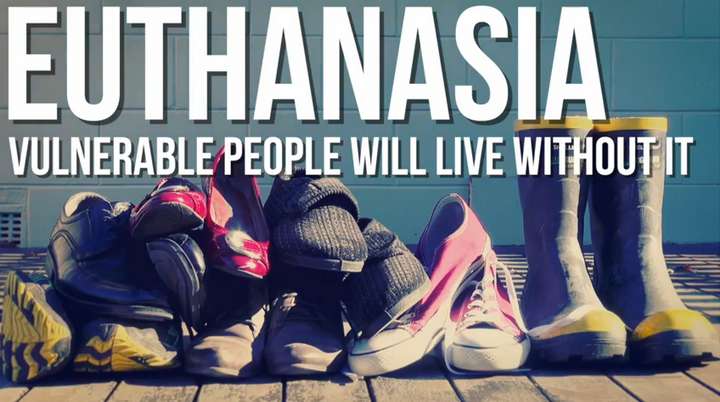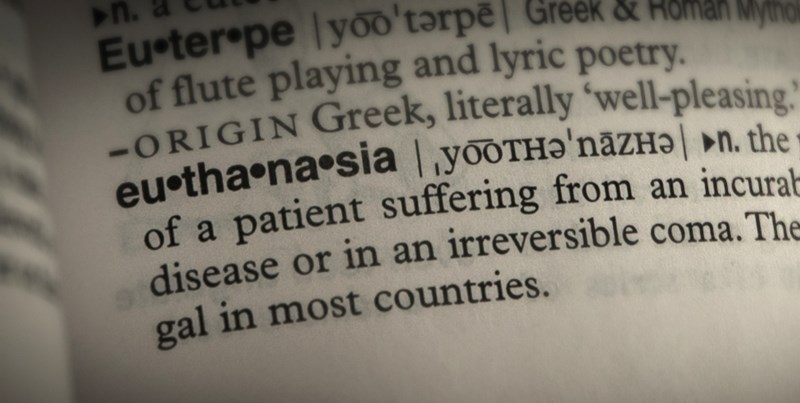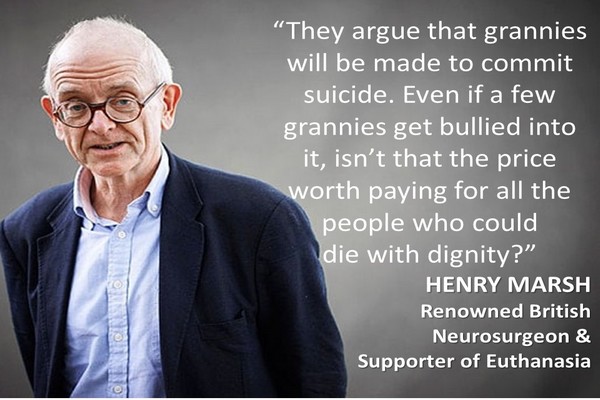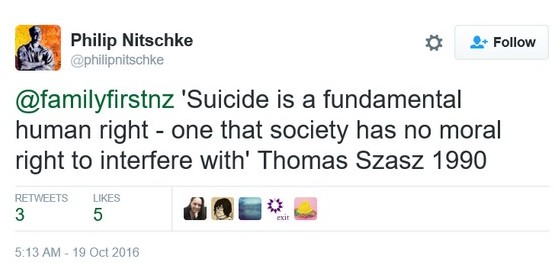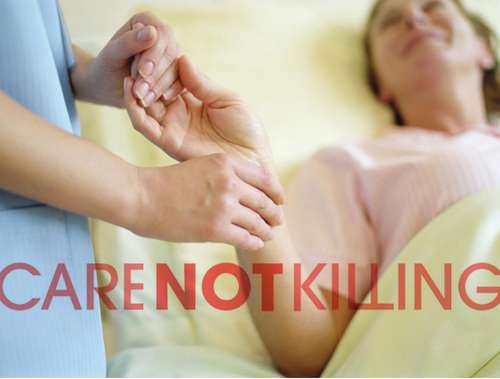Media Release – EuthanasiaFree NZ 13 December 2017
Family First Comment: Widespread confusion about what euthanasia actually is…
“Dr Amanda Landers is a palliative care doctor in the South Island, caring for people with a range of life-limiting conditions. She also gives presentations to nurses, doctors and the general public. She says that many patients, and even some doctors, are unaware that stopping life-prolonging treatment and medication is legal and ethically acceptable. This means the person dies from their underlying illness – which is completely different from an intervention which deliberately ends their life prematurely.”
A new Curia Market Research poll shows New Zealanders are confused about what ‘assisted dying’ even means.
“This groundbreaking poll challenges the validity of most other polls on the issue. It shows that support for euphemisms such as ‘assisted dying’, ‘aid in dying’ or ‘assistance to end their life’ should not be taken as support for a law change,” says Renée Joubert, executive officer of Euthanasia-Free NZ.
The more strongly a person supports ‘assisted dying’, the more likely they are confused about what it includes.
Of those who strongly support ‘assisted dying’:
- 85% thought it includes turning off life support
- 79% thought it includes ‘do not resuscitate’ (no CPR) requests
- 67% thought it includes the stopping of medical tests, treatments and surgeries.
In all three cases a person would die from their underlying medical condition – of natural causes.
These ‘end-of-life choices’ are legal and people can make their wishes known via Advance Care Planning.
Dr Amanda Landers is a palliative care doctor in the South Island, caring for people with a range of life-limiting conditions. She also gives presentations to nurses, doctors and the general public.
She says that many patients, and even some doctors, are unaware that stopping life-prolonging treatment and medication is legal and ethically acceptable. This means the person dies from their underlying illness – which is completely different from an intervention which deliberately ends their life prematurely.
“I was caring for a man in his 60s who was on peritoneal dialysis. He thought he would be committing euthanasia/suicide by stopping it. This belief was weighing heavily on his mind as he thought it was morally wrong.
“Once I explained to him that stopping dialysis was acceptable and that it would allow a natural death from his underlying illness, he stopped it.
“His family was unaware of his fears of dying by suicide/euthanasia and that he wanted to stop the dialysis. It was a very emotional moment for them when they heard how he was feeling, but ultimately they supported him in his choice.”
ACT MP David Seymour’s End of Life Choice Bill proposes ‘assisted dying’ by administering drugs to end someone’s life, either by injection or ingestion through a tube (euthanasia) or by giving a lethal dose to a person to swallow or administer (assisted suicide).
There are subtle differences between suicide, assisted suicide and euthanasia: It’s suicide when a person ends their own life. It’s assisted suicide when a person receives help to access the means to end their life but then takes the final action themselves. It’s euthanasia when the final action is performed by another person.
Only 62% of the 894 respondents polled thought that ‘assisted dying’ includes receiving deadly drugs to swallow or self-administer (assisted suicide).
Only 68% of respondents thought that ‘assisted dying’ includes receiving deadly drugs by injection (euthanasia).
New Zealanders are significantly less supportive of the administration of lethal drugs to end someone’s life than the notion of ‘assisted dying’ as a whole.
After hearing which practices the proposed Bill would be limited to, support for ‘assisted dying’ dropped from 62% to 55%, opposition rose from 22% to 26% and unsure/refuse responses rose from 6% to 11%.
“We would expect public support to drop even further when people consider the wider implications and unintended consequences of euthanasia and assisted suicide legislation,” says Ms Joubert.
“A case in point is a 2014 UK ComRes poll which showed that public support for the Falconer Assisted Dying Bill dropped as low as 43% when people heard various arguments against changing the law or were provided with certain facts – for example the fact that six out of ten people requesting a lethal prescription in Washington State said a reason for doing so was their concern about being a burden on friends, family or caregivers.”
ENDS
